I used to think the UK valued free speech—rigid, rule-of-law Brits, a beacon of civil liberties. After all, America’s strong common law tradition comes from England, and our modern liberties can be traced back to the Magna Carta in 1215. But no more. In recent days, the United Kingdom has proven that not all speech deserves to be heard, especially when it criticizes power.
Yet recently, infamous graffiti artist Banksy unveiled a new mural on the exterior wall of the Royal Courts of Justice in London. The image was as provocative as it was chilling: a judge in full wig and gown raising a gavel over an unarmed protester lying on the ground who was holding a blank sign colored only with red paint like blood.
Banksy confirmed the work as his on Instagram, but the celebration didn’t last long. Court staff quickly moved to cover the mural with black plastic and metal barricades, citing the courthouse’s “listed” heritage status. Within hours, they announced the painting would be removed altogether.
Now, it is certainly true that graffiti is vandalism and therefore unlikely to receive legal protection as “free speech.” But let’s not kid ourselves—that technicality is a red herring. The real issue isn’t the medium; it’s the message. Banksy could have staged this mural on private property with full permission, and the authorities would still have looked for a way to suppress it including throwing the owner of the mural in jail.
And that instinct has grown dangerously common in Britain. The mural came in the wake of sweeping arrests of peaceful demonstrators opposing the government’s ban on Palestine Action. Nearly 900 people were detained for exercising what should be a basic right—protest. Banksy’s mural captured that moment, and the authorities couldn’t tolerate it.
This is only the latest chapter in Britain’s long descent into censorship. Greg Lukianoff, president of the Foundation for Individual Rights and Expression (FIRE), has been sounding the alarm for years: the UK arrests about 10,000 people per year—roughly 30 a day—for speech-related offenses. Think about that. Dozens of people hauled off every single day because they dared to say something the authorities didn’t like.
What kind of society treats speech as a crime? The kind that believes citizens must be controlled rather than trusted.
Now, I won’t pretend America has it all figured out. We’ve got our own problems—college campuses that silence dissent, corporations that cave to mob outrage, and tech platforms that decide which voices deserve to be heard. The “cancel culture” dynamic is real.
But here’s the difference: in America, the First Amendment still stands as a shield. Our government cannot throw us in jail simply for words we utter, posts we share, or art we create. Yes, we have cultural censorship, but in the UK, it’s actual handcuffs. The government there doesn’t just dislike speech—it criminalizes it.
Banksy’s mural wasn’t just graffiti. It was a reminder that art, like speech, is meant to provoke, to challenge, to resist. Covering it up under plastic sheets wasn’t about preserving heritage—it was about preserving control. And once free expression dies, so does freedom itself.

